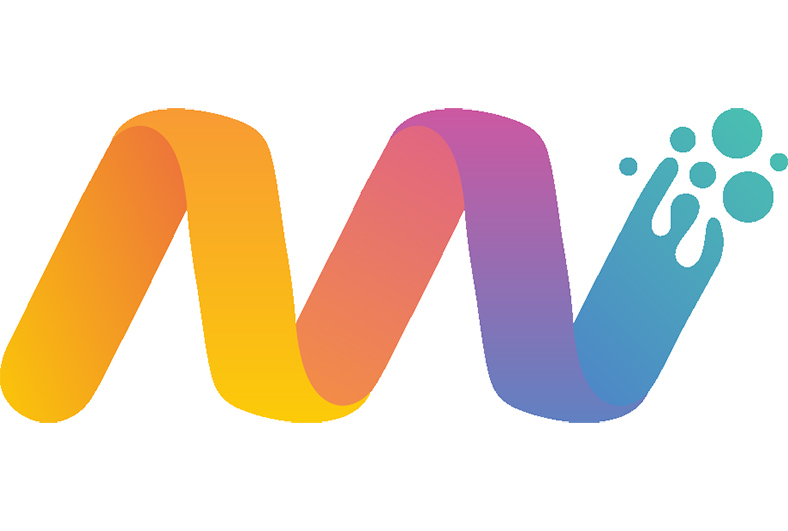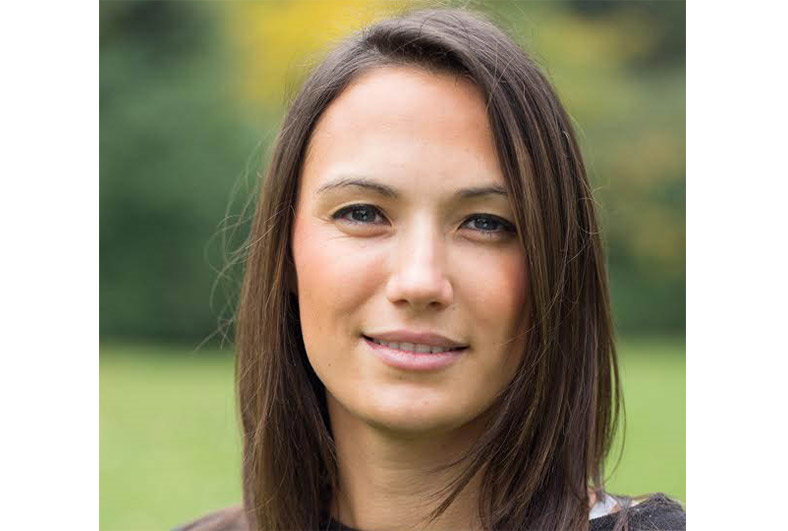Fighting against misinformation, Jodie Jackson of News Literacy Network

Trust is an important quality in all areas of life, from romantic relationships to friendships to our boss and company and all the way through to trust in our politicians and public figures.
We also have to put trust in our media, hoping that reporting will be accurate and fair. But as a recent survey shows, just 34% of Brits trust the news media industry – perhaps unsurprising amid the rise in misinformation and fake news. Fighting against this negativity bias in the news is Jodie Jackson, founder of the News Literacy Network. We caught up with her to find out what the network hopes to achieve, the importance of solutions/constructive journalism and what the industry can do to change.

How did you get into the news literacy and solutions/constructive journalism industry?
My background is in the impact of news on mental health and I’ve spent the last ten years researching this, looking specifically at the negativity bias and what happens when we include solutions-focused news content into our media diet.
When COVID hit, I found that I couldn’t act as a mediator between my children and the information they’re exposed to. I realised they needed the skills from an early age to be able to know how to navigate the news successfully in a way that leaves them reliably informed but also empowered to act on that information. When I looked at the guidance on news consumption, especially amongst children, it was to limit their exposure especially if the topic is difficult or disturbing, or for parents to let them know that it can be sensationalised to soften the impact.
The ‘if it bleeds it leads’ news culture does cause problems, not least of all because it doesn’t necessarily give us an accurate worldview. It creates a distorted and imbalanced picture of the world.
You founded the News Literacy Network in October last year – what inspired the launch?
When I became introduced more formally to the field of news literacy, I recognised that a lot of the work that I have done, and so many colleagues in my space have done, was missing. I also knew which organisations to connect with, which resources to use, whether I was an educator or parent or when I was personally concerned about the news.
I wanted to create visibility and ease of access to everybody who is existing in this space, so that people who want it and those that deliver it can connect and engage with each other’s work, and to hopefully expand what it means to be news literate beyond fake news. It’s also important to understand not just how information is produced, but how it’s processed. How that relationship is formed depends in many ways about how we feel about the world – I felt all of those things needed to be addressed. There were a lot of great organisations addressing them and I wanted to be able to create a collaborative environment where everybody’s work and differentiating expertise was able to be showcased.
Is there a difference between solutions-focused journalism and constructive journalism?
Solutions-focused journalism tends to be the word used primarily in the US. Constructive journalism tends to be the European kind of definition. They both share a lot of similarities. Both solutions journalism and constructive journalism provides some form of antidote to a lot of the harmful side effects of that overwhelming negativity within the mainstream news. They recognise the value in solutions; reporting on progress provides critical information. By learning from how communities are successfully responding to problems, we can identify and implement effective action.
What steps do you think need to be taken by the media and comms industries to stop the rise of misinformation?
Transparency – transparency of production, transparency of bias, transparency of any kind that goes into their production or production values should be better communicated with consumers. When you go into a shop, you pick up a piece of food and it has the nutritional information on the back so that you can decide whether or not you want to eat it. If we had better signposting within news organisations to help us understand how the piece was created and why it was created, it would help us better pick quality content as consumers.
What are your hopes and ambitions for the network?
I hope to be able to create a meaningful network of organisations where we can share expertise, learn from each other, and build best practices. That’s kind of the network aspect, but what it means in terms of impact is how we can creatively and constructively engage with the end user of the news and how we can get them reengaged and motivated, whereby the news becomes a really useful resource to inform them about the world. It’s no secret that audiences are declining so hopefully the News Literacy Network will strengthen the function of the press and strengthen our relationship with it.
In 2019 you wrote You are What You Read, how did you come about writing the book?
After completing my thesis for my Master’s, there was just way more information than I could put in – the book was a natural extension of my research. I took my learnings and experiences gathered through my research, and aimed to deliver it in a way that would be helpful to consumers.
Are you working on another book or any other projects?
When COVID hit I wrote a children’s book called Little Ruffle and the World Beyond. It was aimed at three to five-year-olds to help start a conversation around the news and how we see the world and participate within it. I created some online resources to help children become empowered explorers, hopeful heroes and solution seekers to help them develop the skills to practically engage and constructively engage with some of the problems they hear about in the news. That again brought me into the space of news literacy, especially from a younger audience. I am also speaking at TEDx London this October about this and hopefully this is going to be the gear shift that we need to create further visibility for it.
Want more about misinformation and solutions journalism? Watch Jodie Jackson’s TedTalk on the subject here.
If you want to find out more about Jodie Jackson, her work and how to contact her then check out her website here or follow her on Twitter @JacksonJodie21.